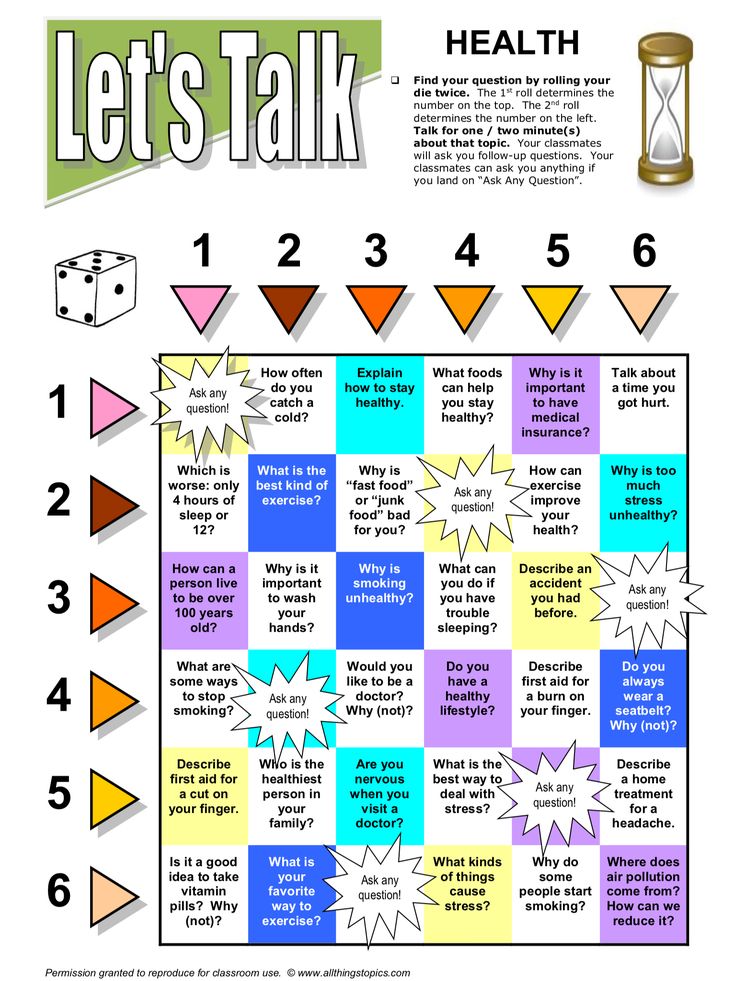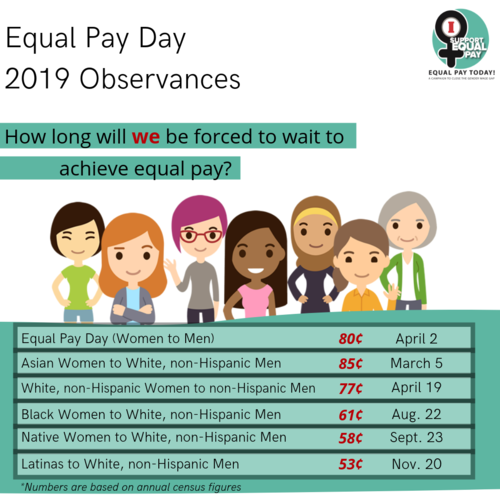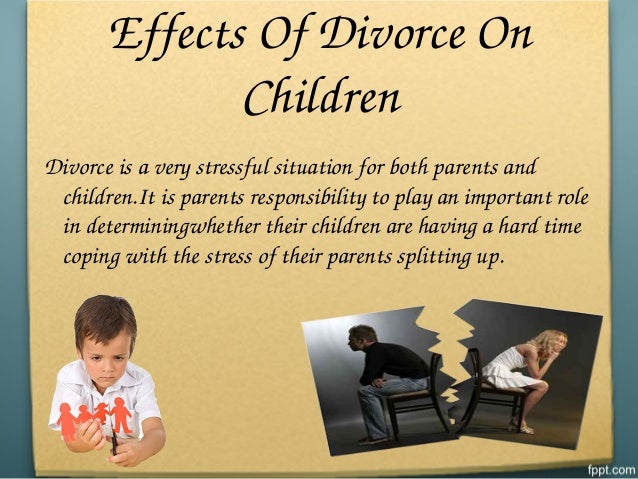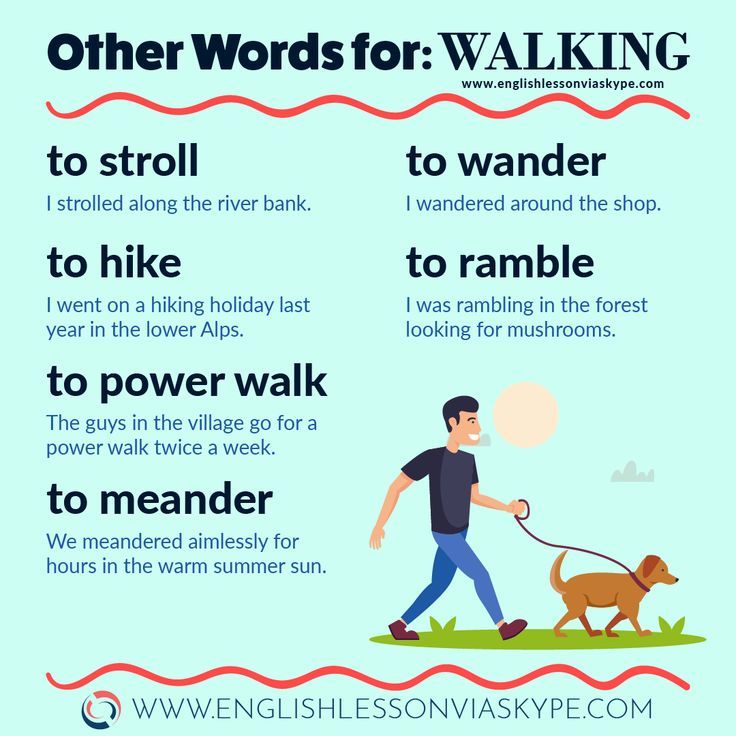How to improve vocabulary of child
21 ways to improve your child's vocab
7m
Parents | Vocabulary
By Kate Bibby
17 Mar 2022
Developing a wide vocabulary is fundamentally important for children. The vocabulary size of a 4 year old is an accurate predictor of educational outcomes at age sixteen, and a broad vocabulary boosts social skills and confidence through childhood and into adulthood.
Alongside formal education, your input as a parent to your child’s vocabulary is crucial. As much as 95% of the words a child knows is also found in their parents’ vocabulary, and parental involvement in learning increases children’s motivation and achievement.
It’s easy to integrate vocabulary development into your home life and every day routine through reading, talking and playing. Help to give your child a head start in life while enjoying quality time together as a family.
Here are our top suggestions:
If your child learns a new noun, find a picture of it online or in a book. If it’s an adjective, think of things that can be described using the word, like a meagre lunch or a diligent student, or if it describes an emotion, show the feeling with a facial expression or hand gesture. It’s fun to act out new verbs – try prowling around the house or sauntering to the shops.
To help remember the meaning of the word ‘reluctant’, you and your child could draw a situation that represents that word for them, such as a picture of them eating Brussel sprouts.
Whether they ask you for a meaning, identify it themselves by probing its context or look it up in a dictionary, make sure they don’t feel embarrassed about finding out the meaning of strange words. Take time to explain a new word if they ask you, or enthusiastically find out its meaning together. Show interest and delight when they share a new word with you.
Stimulating parent-child conversations are known to be one of the main influencing factors on vocabulary development.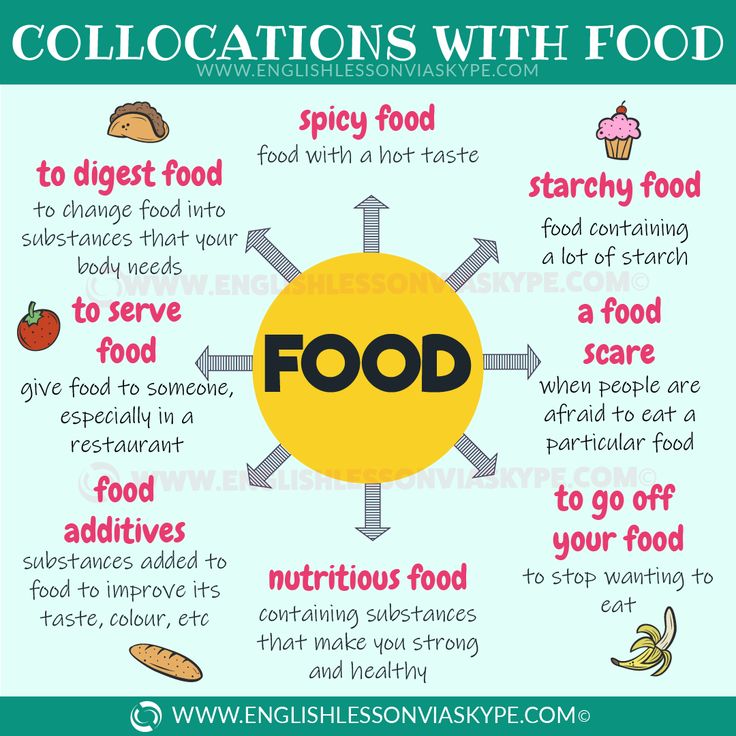 You don’t have to talk about anything exciting – if you’re at a loss, just describe what happened to you earlier while your child was at school, your daily routine at home or even draw on previous family holidays and other past shared experiences. Further afield – whether you’re visiting a museum, a supermarket or boarding a train – talk about what you see and experience and look out for new words on signs and labels.
You don’t have to talk about anything exciting – if you’re at a loss, just describe what happened to you earlier while your child was at school, your daily routine at home or even draw on previous family holidays and other past shared experiences. Further afield – whether you’re visiting a museum, a supermarket or boarding a train – talk about what you see and experience and look out for new words on signs and labels.
Don’t just launch into a monologue when you talk to them. Make sure your chat develops into a conversation by asking your child open-ended questions about how their own day has gone (nothing is too mundane to be shared!). The more practice they get at articulating their thoughts and feelings the more confident they’ll grow in using newly learned words.
Use as wide a vocabulary as you can. Whether you’re using nouns to name new or unusual objects, or adjectives to describe emotions, there’s no need to ‘dumb down’ your speech – aim to speak to them as if you’re speaking to another adult.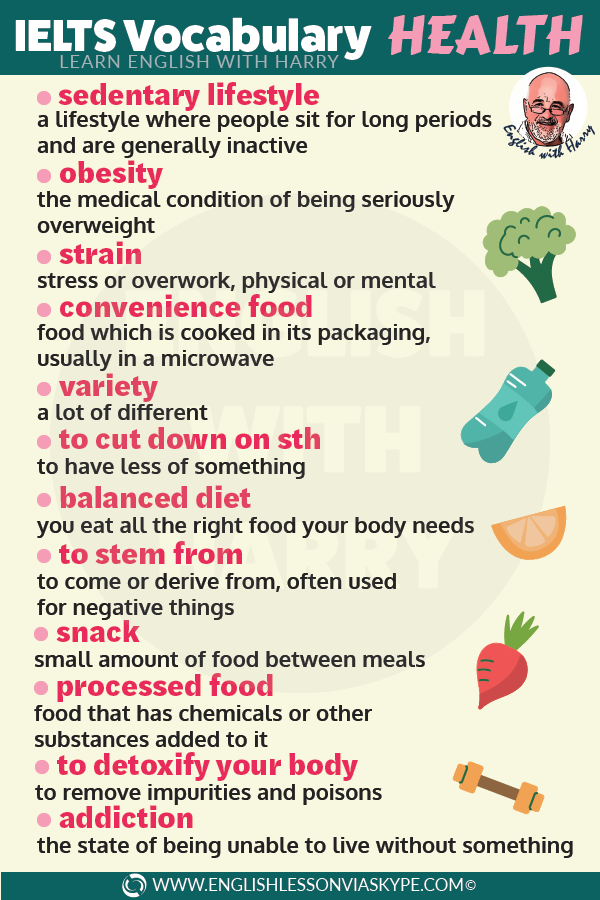 Academics call the type of challenging words that you can drop into everyday life Tier 2 words. These are the type of words your child will need to know in order to succeed at school, such as procedure, consistent and analysis.
Academics call the type of challenging words that you can drop into everyday life Tier 2 words. These are the type of words your child will need to know in order to succeed at school, such as procedure, consistent and analysis.
The three tiers of vocabulary
A word that your child encounters in a meaningful sentence (whether that’s heard or read) is much easier (and more fun) to learn than one that they find in isolation or as part of a list. For example, if you were to describe a colleague who has lost their pet as being disconsolate, the context of loss should help them understand its meaning.
When you ‘drop’ a new word into conversations, try to use it in various guises to help embed your child’s understanding of it. For example, if your child has learned the word ‘fortunate’, you could remark how you’re fortunate you’re part of such a kind family, and a while later say you’re fortunate the supermarket hasn’t run out of bread though it’s late in the day.
Alternatively, you could give a usage example yourself, then ask them if they can think of their own: you might say that you felt ecstatic when your child was born, for example, while your child might describe themselves as feeling ecstatic at their birthday party.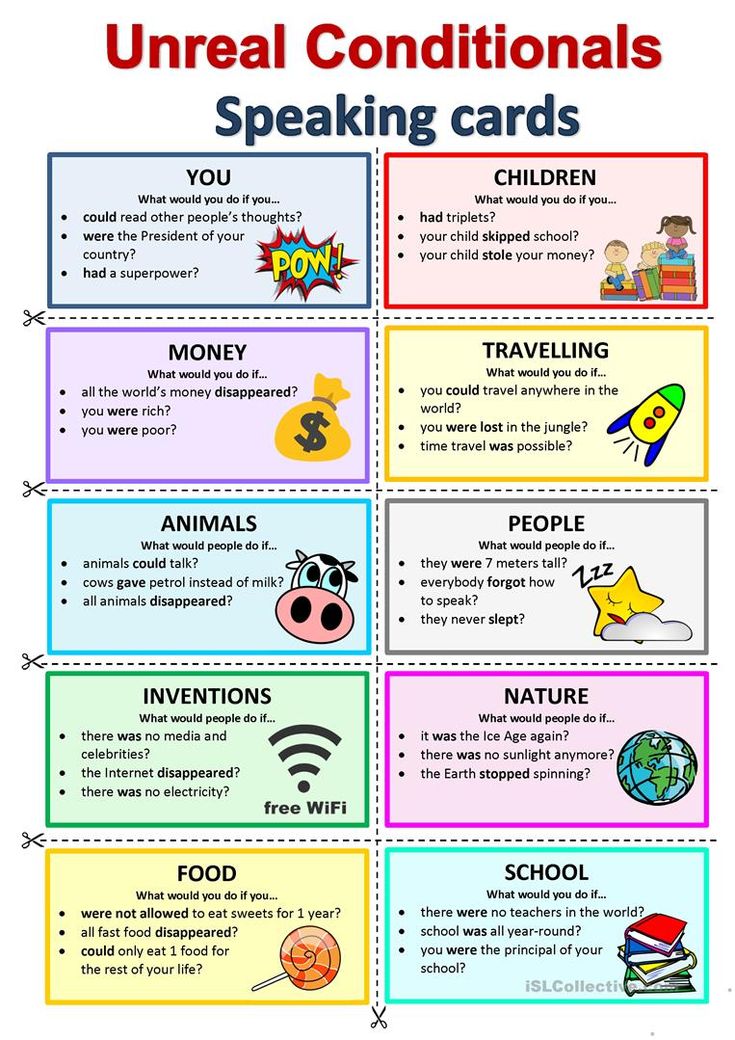
For the learning of a new word to become embedded, a child needs to encounter it more than once. Experts generally agree that typically a child needs to hear a new word between 4 and 12 times before it’s committed to their long-term memory and so truly added to their vocabulary.
Introduce a manageable number of new words at a time – say, up to seven a week – for the whole family to then drop into conversation as naturally as possible.
This is an obvious point, but an extremely valid one. Unsurprisingly, numerous studies show that children who read a lot have wider vocabularies than those who don’t. This is because books typically include a much broader range of words than we use in everyday conversation.
Even if your child is a good reader, reading aloud to them helps them access harder texts than they’d be able to read on their own. This exposes them to more challenging words, and also creates the opportunity for conversation between you.
New words can be learnt in a multitude of places. At home, a cereal packet could introduce your child to the word ‘ingredients’ and a car handbook to the word ‘metallic’. Don’t overlook the merits of reading magazines and newspapers, or online content either.
At home, a cereal packet could introduce your child to the word ‘ingredients’ and a car handbook to the word ‘metallic’. Don’t overlook the merits of reading magazines and newspapers, or online content either.
Whether they read alone or you read together, if they’re interested in a topic or author, they are more likely to be absorbed in the story and so be curious about any new words they encounter – as well as developing a life-long love of reading.
The best approach to reading takes in a broad spectrum that includes some challenging reads to help stretch your child’s vocabulary – but just like adults, children need some intellectual ‘downtime’ and an easy-to-digest, emotionally nurturing read at times.
Contrary to popular belief, they aren’t always the best way to help your child learn vocabulary because definitions often include more unfamiliar words. When you encounter a new word, in the first instance you could look together for contextual clues together.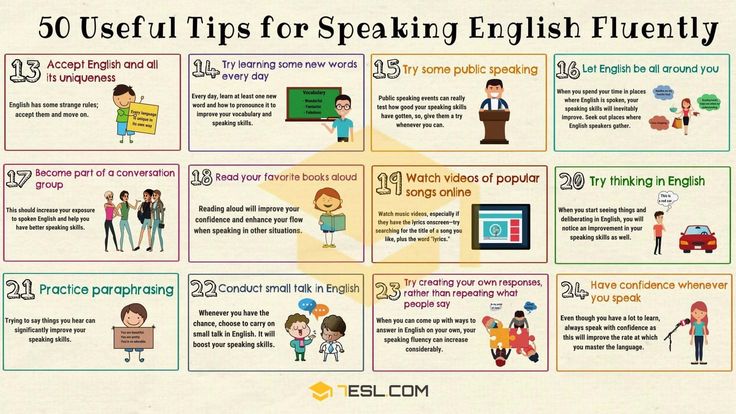 If you can’t spot any such clues, simply give them an easy-to-understand definition, for example, ecstatic means really happy.
If you can’t spot any such clues, simply give them an easy-to-understand definition, for example, ecstatic means really happy.
If they didn’t understand the word ‘audible’ in the sentence, ‘Lily was barely audible’, for example, think about other words with the root ‘aud’ that your child already knows, like such as audio and audience. This will help your child understand that the word is about hearing and and realise the sentence is describing how Lily is speaking very quietly.
If you’re reading or talking together and your child doesn’t know a word, rather than interrupt the flow you could give a quick definition in the form of a synonym (e.g. bereft – that means losing something). Then at the end of the chapter or conversation remember to go back to the word, pointing to it if it’s in a book and repeating it out loud so they can get used to its sound. By the same token, dipping into a thesaurus can be useful because they offer a range of synonyms and antonyms (words that mean the opposite) too, for contrast. They can also be useful with creative writing by helping prevent overuse of a single word.
They can also be useful with creative writing by helping prevent overuse of a single word.
Board games such as Scrabble and Boggle (including their Junior versions) are a great way to discover new words and consolidate knowledge. Word searches can also introduce new words and provide conversation-starters, while crosswords are a good way to link a word to its meaning. Even ‘I spy…’ can be a way to introduce new nouns.
If they enjoy it, incorporating words they’ve learned recently will help their creativity and imagination and they’ll feel proud when they realise how much they’ve learned.
If you encounter a word that’s new to you, make a point of remarking on this to your child and introducing it to them – however obscure it is. As well as teaching them a new word, it conveys your own curiosity and shows them learning is a lifelong process.
How to build your child’s vocabulary
Help your child become a master of words with these great tips for boosting vocabulary at home.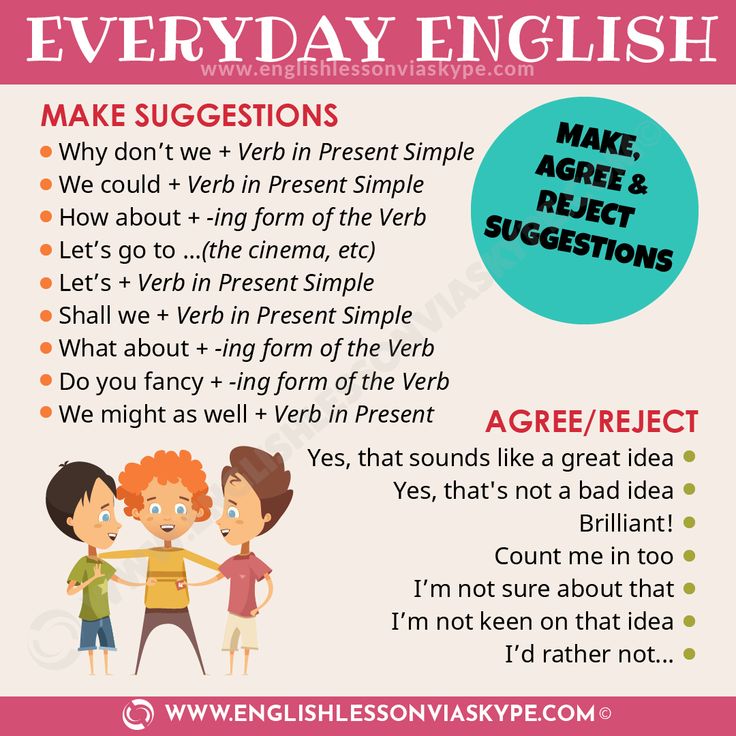
or Register to add to your saved resources
Recently, a survey of teachers from 800 secondary schools revealed that many children are leaving primary school with a vocabulary that’s inadequate for their age.
Four out of 10 pupils have such a limited vocabulary that it’s affecting their learning, according to the study.
Vocabulary matters for many reasons. Children in Year 6 need to understand a wide range of words to succeed in their SATs; currently, almost 30% fail to reach the expected standard in reading.
‘The topics of the reading paper could be anything, so it’s really important to have a wide vocabulary covering a range of contexts,’ says teacher Jack Phillips, who blogs at verbivoreteacher.com.
A broad vocabulary is also essential for the 11+ grammar school entrance test.
And it’s not just in the classroom that vocabulary matters.
‘Words empower children to make sense of the world around them,’ Jack explains. ‘A wide vocabulary helps them to put their emotions into words, socialise with people, imagine and wonder.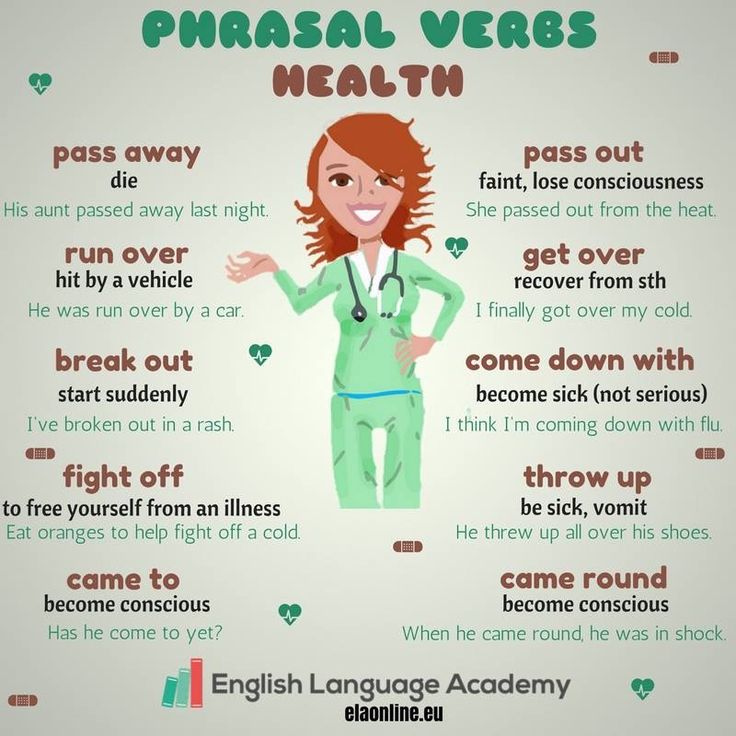 ’
’
So how can we equip our children with a vocabulary that will help them succeed?
1. Make conversation a priority
Young children are like sponges, so it’s important to immerse them in language right from the start.
‘The number of words children learn in the early years is closely related to their future success,’ says Alice Penfold, Project Manager of the Words for Work programme at the National Literacy Trust.
‘The quality of parent-child interactions is one of the biggest factors influencing vocabulary, so it’s vital to talk to your child and expose them to different words.
‘Try naming objects, using number words, and introducing words that explain emotions: the more words they understand, the more they will be able to use.’
Download brilliant reading comprehension resources
- The Stolen Book of Spells workbook
- PLUS 100s of fantastic reading comprehension worksheets
- All divided by school year
Download FREE resources today
2.
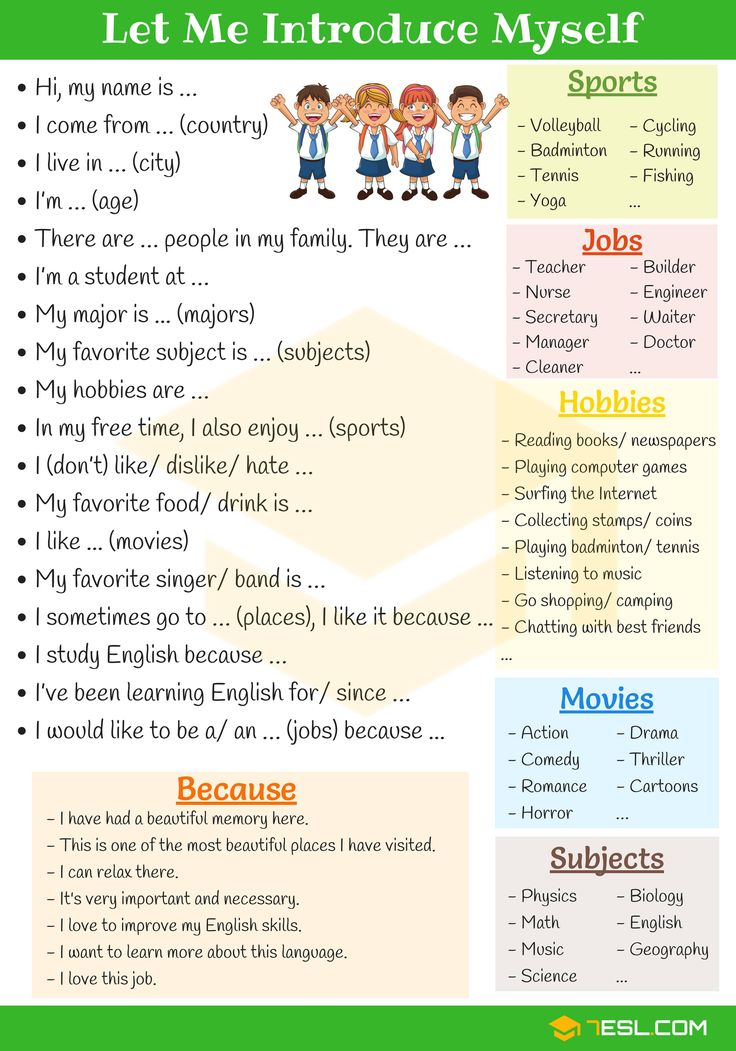 Read together
Read together‘The key to a wide vocabulary is a love of reading,’ Alice says. ‘It’s important to make reading a routine, with a regular slot everyday.
‘Don’t just read school books: recognise your child’s interests and find books that relate to them, as this will encourage them to read purely for enjoyment.’
Keep reading aloud to your child, even once they’re able to read independently: kids love to hear stories, and you can build their vocabulary by choosing books that would be too difficult for them to read themselves.
Don’t just stick to stories: reading non-fiction books, children’s newspapers and comics will expose your child to a wider range of words.
‘Talk about what you’re reading, too, as this will help your child’s comprehension,’ Alice adds.
3. Use labels
‘Use Post-It notes to label objects around the house, as this will help your child learn to read new words,’ Jack suggests.
‘As they get older, you can add adjectives to the labels, such as “wooden table,” to broaden their vocabulary further. ’
’
4. Play word games
From I Spy to Scrabble and Bananagrams, there’s a huge range of word games that will help your child learn new words.
‘Making language-learning a part of games is really useful, as it makes it interactive and fun,’ Alice says.
5. Use words in sentences
There’s no point in your child learning new words if they don’t know how to use them. Getting them to use a word in a spoken or written sentence will help them understand its meaning and context.
If your child gets weekly spellings from school, get them to write a sentence that includes each word, encouraging them to look it up in a dictionary if they’re unsure of its meaning.
6. Write for pleasure
Children are sometimes turned off writing by being made to write about things that don’t interest them at school.
Try to counter this by encouraging your child to write for pleasure on any subject that enthuses them. ‘Don’t correct their writing – just let them write for the sake of it,’ Alice says.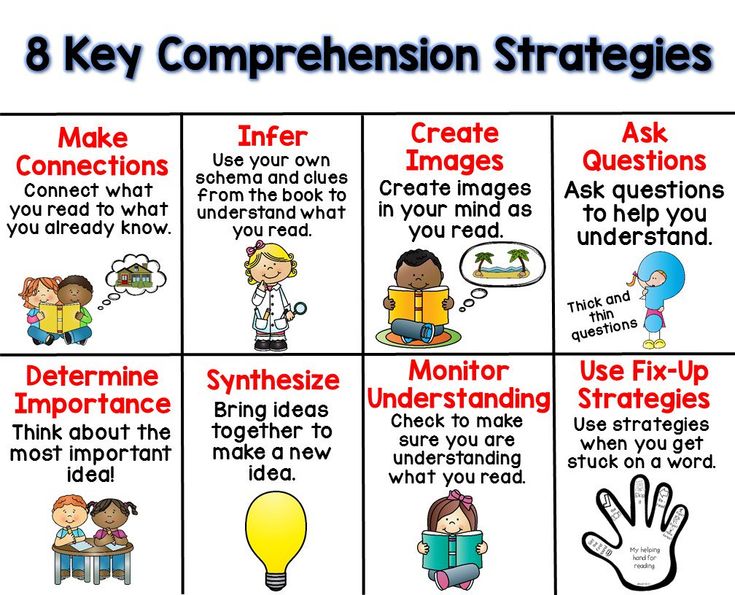 ‘It’s been proven that children who enjoy writing are seven times more likely to write at the expected level for their age.’
‘It’s been proven that children who enjoy writing are seven times more likely to write at the expected level for their age.’
7. Create a word wall
This is a great way to help new words sink into your child’s brain. ‘Write each new word they learn on a strip of paper, and stick them on the wall in their bedroom,’ suggests Jack.
‘If you don’t want to plaster them all over the wall, you can stick them in a word scrapbook instead.’
8. Introduce a word of the day
Introducing a new word each day will boost your child’s vocabulary by 365 (or 366!) words every year, and is an activity that the whole family can get involved with.
You could use a word-a-day calendar or a website or app to suggest new words, or pick them out of a dictionary.
Make sure your child knows the meaning of the word, as they’ll then be able to use it in their own speaking and writing.
9. Play together
‘Playing with your child is crucial for developing communication skills,’ Alice explains. ‘Children learn to make new sounds, talk in full sentences, ask questions and understand how interactions work.
‘Children learn to make new sounds, talk in full sentences, ask questions and understand how interactions work.
‘It also helps them communicate with other children.’
10. Don’t ‘dumb down’
Children always have a bigger receptive vocabulary than expressive vocabulary: that is, they understand more words than they’re able to use. This means that there’s no need to oversimplify the way in which you talk to your child.
‘Don’t water down your language, as we’re hoping children will pick up on the words we’re using,’ says Jack. ‘Children need to be exposed to a word about 12 times to fully take it in.’
11. Show them how to use a thesaurus
Knowing how to use a thesaurus will increase your child’s vocabulary and improve the quality of their written work, so show them how to use it and encourage them to have it on hand when they’re writing.
You could read through their writing with them, and get them to highlight words that they’ve overused so they can look up alternatives.
12. Introduce word banks
Word banks are collections of related words: for example, adjectives, alternatives to ‘said,’ or nature words.
You’ll find lots of word banks online, or you and your child could make your own using a notebook with a page per word group, adding new words as you find them.
Your child can have word banks on hand when they’re writing to help them find new and more interesting words.
13. Make a big deal of language
‘Positive reinforcement is known to help children learn, so create an environment where vocabulary is praised and celebrated,’ Jack says.
‘Make a fuss of new words your child uses in speaking and writing: the more enjoyable the experience of learning vocabulary, the more children will be geared to pick it up.’
How to expand a child's vocabulary?
Home Parents How to expand the child's vocabulary?
From about two to three years old, kids begin to actively replenish their vocabulary.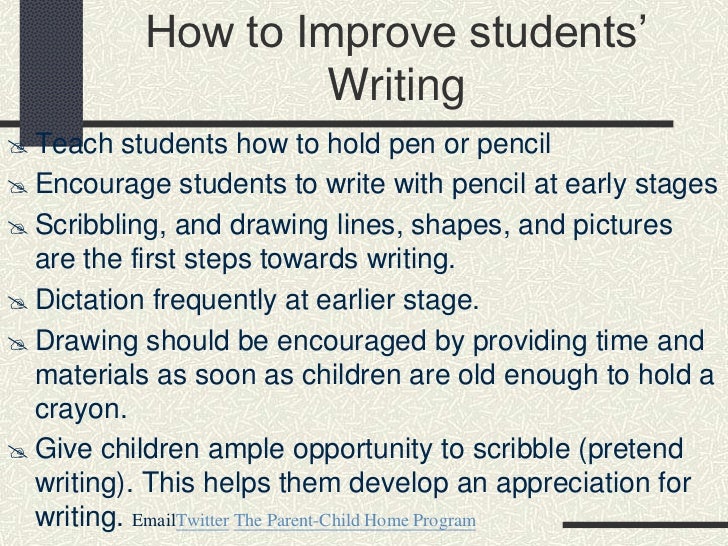 And an important factor for the speed of mastering new words and their number is not only the environment surrounding the child, but also the knowledge that parents lay. Therefore, today we want to share with you simple ways to increase your baby's vocabulary:
And an important factor for the speed of mastering new words and their number is not only the environment surrounding the child, but also the knowledge that parents lay. Therefore, today we want to share with you simple ways to increase your baby's vocabulary:
1. Read books
In order for a child to remember a word, he must first hear it somewhere and understand the meaning. Reading books regularly is great for this purpose. The topics and genres of literature can be different (here it is better to proceed from what is interesting to the baby), but the reading speed should not be too high.
2. Discuss what you read and more
Ask what the kid liked in the book he read and why, what characters are remembered. If the child finds it difficult to answer, ask leading questions. You can ask younger children how animals speak.
Engage your child in conversations about other topics as well, such as the weather, holidays, pets, cartoons, etc.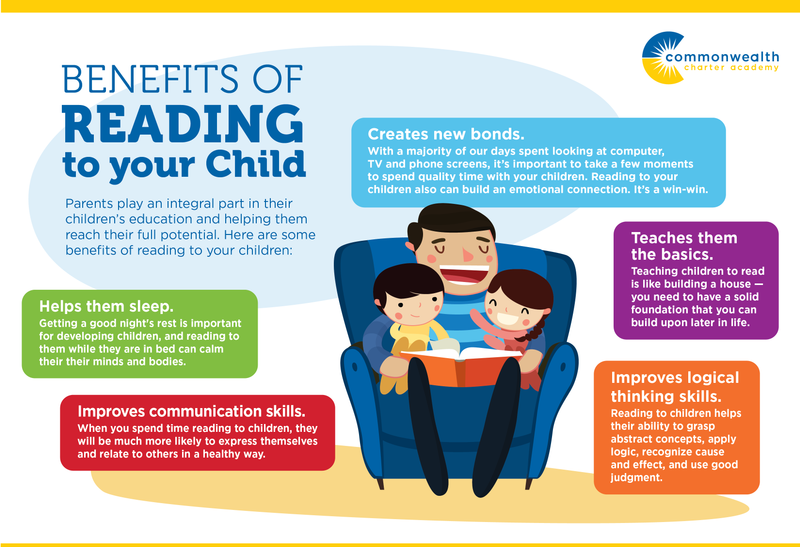 Try to name objects that attract children's attention and talk about them. It also helps to expand vocabulary.
Try to name objects that attract children's attention and talk about them. It also helps to expand vocabulary.
3. Use playful learning
It has long been no secret that the information that is presented during the game, children remember much faster. So play well!
- Describe the toy/object game Take any toy and describe it (for example, a gray bunny with long ears and fluffy fur, likes to eat carrots, is afraid of a wolf and a fox ...), and then invite the baby to repeat the same thing, only with a different object / toy. Help the child with questions: Who is this? What colour? What does he like to eat? What can he do?..
- The game "I know 5..." This game requires a ball. At the beginning, say the phrase "I know 5 ..." and the name of any category (flowers, animals, birds, names, etc.) and throw the ball to the baby. He must catch the ball and continue the phrase, and then throw it back, and so on in a circle.
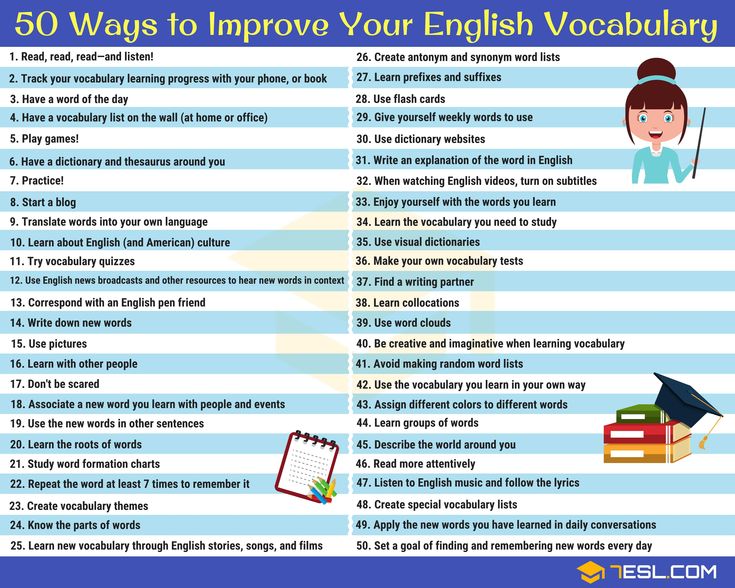
- Truth or False Game You tell the child any statement, for example, "Tomatoes and plums are vegetables", "Cow likes to drink milk", etc., and he must say whether it is true or false and explain why.
- Association Game Invite the child to guess which toy (object, animal) you are describing, and then switch roles.
Do not forget that the vocabulary of the child depends on the vocabulary of the people around him. Therefore, try to diversify your own speech and use more words to describe and evaluate events, animals, objects and people around.
Return to list
Subscribe and stay up to date with the latest news and promotions of Azbukvarik!
For partners For parents
* I agree to the processing of personal data
How to increase a child's vocabulary
At the age of four or five, children, as a rule, already express their thoughts perfectly, but they often lack words. How to support the development of a child's speech and increase his vocabulary?
How to support the development of a child's speech and increase his vocabulary?
A common problem for a modern child is a lack of words. It seems that a thought has formed in his head, and he remembers what he read about, but to tell ... “They were sitting at home like that, and their parents left. And then... they played this, I don't remember, with barrels. Well... And they all got one, and he left. Then everyone fell asleep,” Vasily, a recently familiar third-grader, was tormented with a retelling of A.P. Chekhov’s four-page story “Children”. Life became easier when Vasily, on the advice of his older brother, drew up a detailed plan, wrote down key words, found out the incomprehensible - what is "cheating", "tot", "self-interest", "self-love" and absolutely alien "bonbonniere". By the way, there were forty percent of unfamiliar words in the text.
Yes, our children read less than we do at their age. But even with this in mind, the parental duty is to develop the speech of a preschooler or schoolchild, to provide a vocabulary with which he will be comfortable under any circumstances.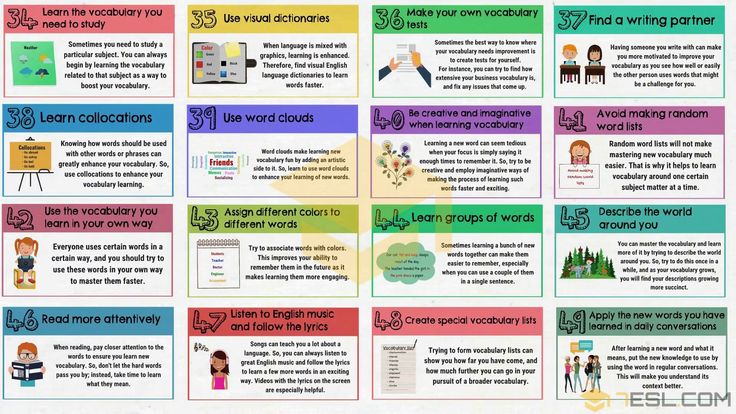 Here are some simple rules for developing speech. The main thing here is regularity!
Here are some simple rules for developing speech. The main thing here is regularity!
Talk more. Discuss everything that is interesting to the child, use every opportunity to communicate - in the car, on a walk, at home at dinner. Ask how your day went, discuss a book or a movie, listen to the future erudite's plans for the weekend. In your speech, try to use as many different words as possible, do not spare time to explain their meaning.
Read what your child is interested in. Interested in the railroad? So it's about trains. Knows the names of all brands of cars - read the encyclopedia about the history of cars. For princesses, too, there is something to think about. Encourage any interest, craving for knowledge and you will be rewarded!
Learn poetry. This can be done both on the road and in the car. You can sing the lines you especially like, alternate - the line you, the line - the child. It's always fun with mom or dad! - this is our parental motto.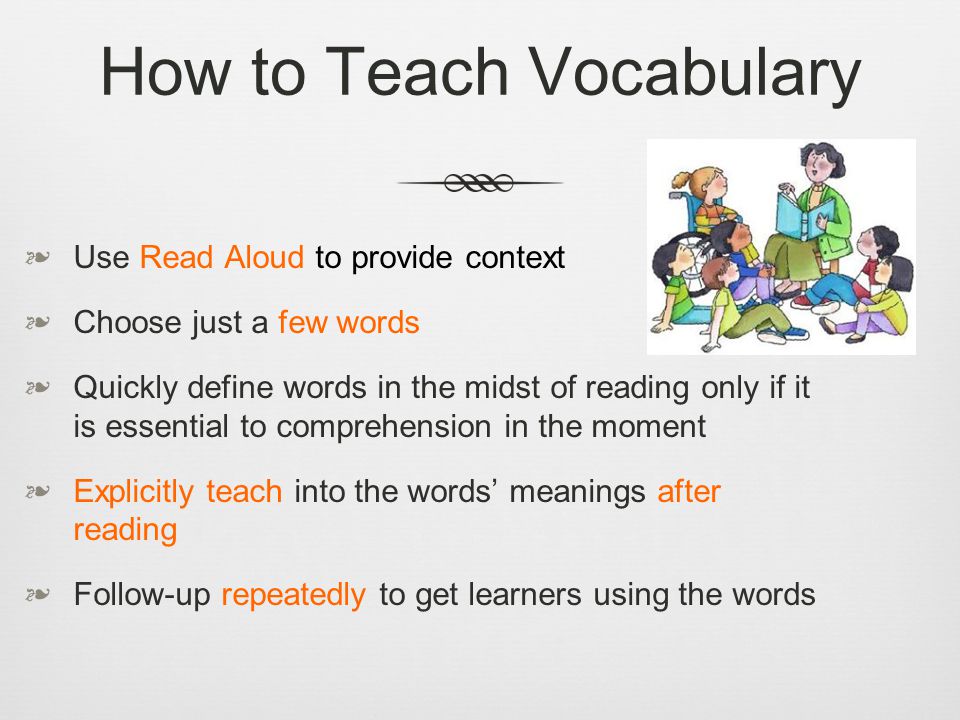
Play word games. For example, some of the simplest and most versatile.
Words
Yes, those are the ones. We played cities and words all our childhood, so continue the tradition. The rules are known - the next participant calls the word with the last letter of the word of the previous one. Again, use new words for the child and explain them.
"Shifters"
Also elementary, but effective. Antonyms: hot-cold, useful, harmful, beautiful-terrible, slender-fat, and so on. You can play at speed, come up with a prize, add participants.
Scrabble
Everyone knows the game, only in oral form. Name the letters in turn, the main thing is that the word does not end with you: otherwise, get under the table and crow like a loser.
Scrabble
It's also simple. The winner is the one who comes up with more words with the same meaning. You can name a synonym and several phrases with it - so the child will learn to understand the semantic nuances.